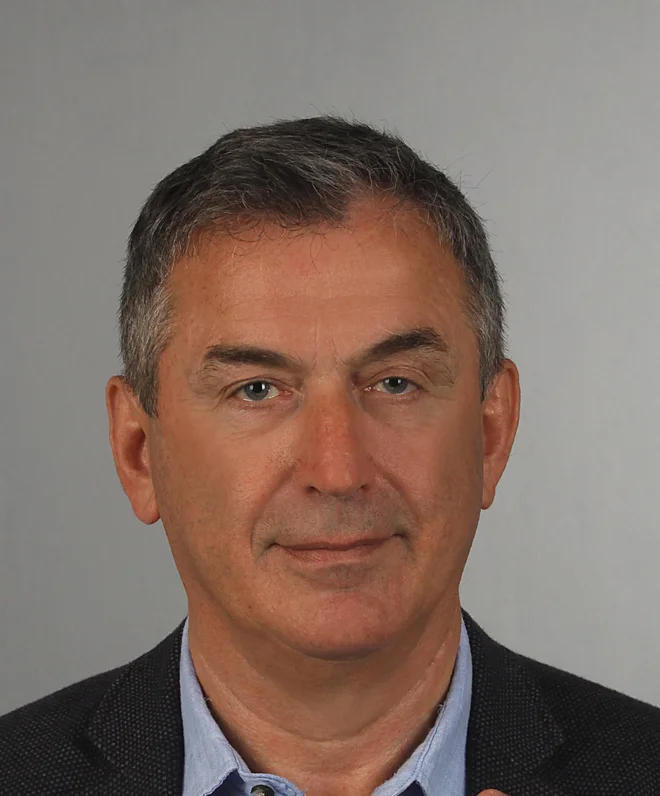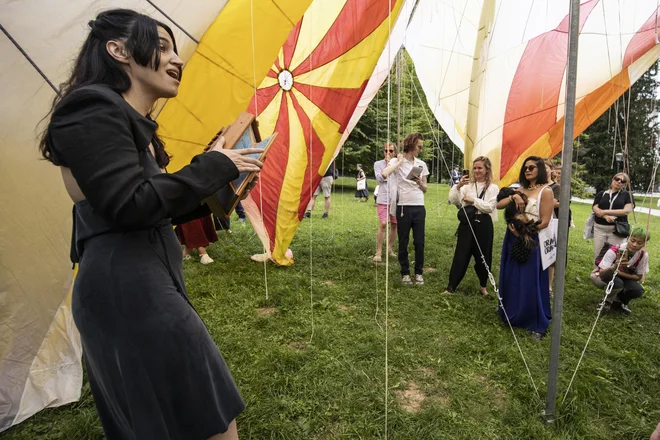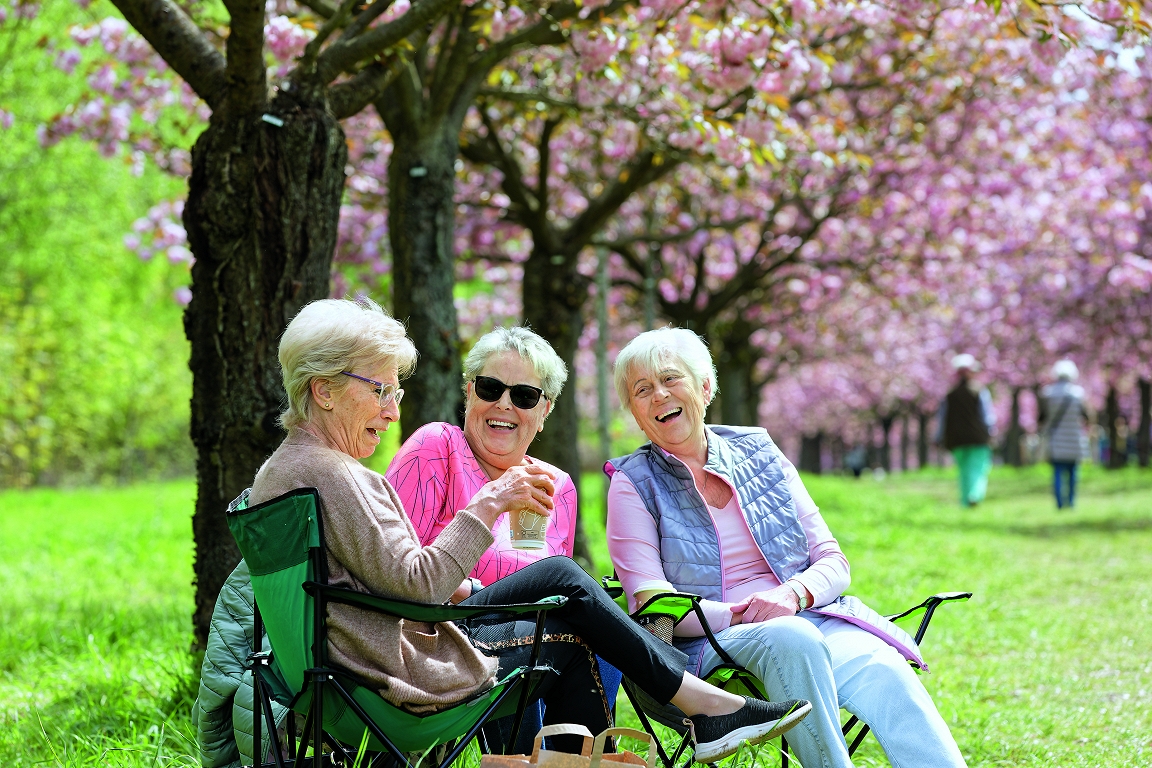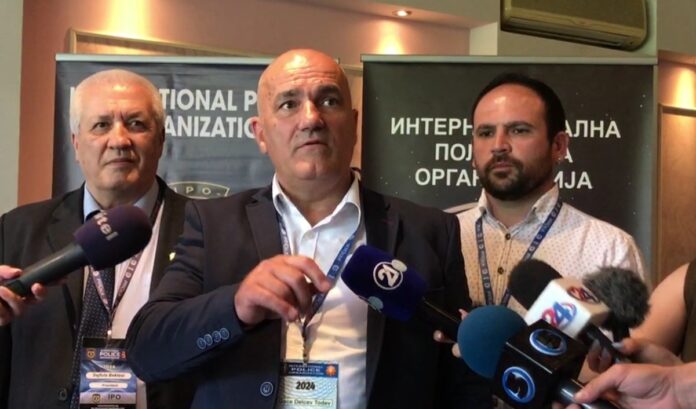Growing up with belonging to

The title is an abbreviation of a pilot project We grow up to a school’s values, democratic communities and open sciencewhich we designed this year with the Franz Rozman Stanet Elementary School in Ljubljana. With his main purpose, we set out to be with the support of open science, too, Community involvement and citizenship science (ang. Citizen Science) as society and individuals, we help to manage violence and other deviation acts in the school space and local environment.
The starting point of the project is therefore growing up with belonging to common values and dedication to ethical work in the school and local communities. In doing so, the project is multiplicable, but nevertheless, in a completely practical way, embedded in school and local space, as is determined for the safety and mental well -being of children by legislation and binding guidelines of the state policy on the prevention and suppression of violence and crime in society for the period 2024–2028 (Horizon of new crime policyDelo, 17, 12 2023).
Becir Kečanovic Photo: Personal Archive
From an educational and educational point of view, the project takes into account what is determined in terms of safety of children, students and students by legal standards of sustainable and inclusive schools and a safe and stimulating learning environment. In this regard, it is very important for the project for the project, which, in relation to the safety and mental well -being of children, determines the case law of the Supreme Court: « The school must leave its supervisory duties for children – if they want to raise them into independent personalities who know how to (re) take care of themselves – sufficient space for their development. » With this important Iztočnica, we upgraded the existing surveillance measures of the school, local community and the state in accordance with the established approach of the constitutional and international (convention) protection of rights in the best interest in the child (Šelih, A. Filipčič, K. et al. Children’s rights in Slovenia: current situation and challenges for the future. SAZU, 2015).
Also considering the findings in the general comments of the United Nations Committee for Children’s Rights, how is it in the best interest of children The principle of caution should be followed. Precautionary principle), in terms of safety in regular and emergency, we were inspired by the ongoing basic project of the Faculty of Law, University of Ljubljana entitled (Re) Conceptualization of the legal paradigm on climate change: the development of new legal normality to achieve sustainable practices. This is crucial for our project, as in cooperation with academic scientists, we will strive to introduce the principles of open science, integrate community and citizens’ science into the school space, to help the safety and mental well -being of children in the school and local environment.
Recognizing that introducing such complex changes with a single pilot project on voluntary and ethical drive of active citizenship requires so much more responsibility and consistency, we decided in the methodology to use a mental-to-methodological whole of dynamic circulation strategies from the bottom up/from the top down and vice versa. The use of this approach in combination with belonging to the values and dedication of ethical work in the introduction of changes in the field of education is already known and tested in Slovenia (Rupnik Vec, etc. Introduction of changes in schools: Handbook for School Development Thames.
In the Eurydice 2024 report, the dynamic circularity is embedded in an explanation of competencies in the field of education for sustainable development. Competence flexibilitywhich is closely related to competence literacy for the futuredirectly concerns the ability to predict the future and appropriate action in managing risks, not waiting for the consequences of violence or climate change, for example. Among the main ingredients flexibility The original of the Eurydice 2024 report is the ability to understand the circular economy and the concept of circularity in reflections on the life cycle, the protection of biodiversity and the principles of sustainable production and consumption.
In connection with what is stated in the Eurydice 2024 report for sustainable development, growing up in our project, as we have said, has a multi -clarity role, both in terms of belonging to common values and in terms of concept multi (ang. Degrowth). In both cases, it is a virtue or virtue of self -control, should be when discouraged by peer violence with precautions or in reducing overuse of natural resources and environmental pollution. In this part, with the project at the Franz Rozman Stanet Elementary School in Ljubljana, we particularly committed ourselves to achieving sustainable practices in reducing the incorrect consumption and waste food. Thus, growing up with belonging to common values as the main guiding principle and vision of new normality in our joint project leads us all the way to those discussions of academic educators, sociologists and philosophers who, with all the blessing and ethics of caring for safety and mental well -being, are reasonably asking, they ask, what school in the turning points (Belonging to our school valuesDelo, 23. 1. 2025).
We have presented the project these days to school staff and representatives of the Parents’ Council and the Council of the School at the Franz Rozman Stanet Elementary School. We believe that in growing up with belonging to the values of the school, the democratic community and the open science, there is a lot of useful potential for a new and more efficient way of ensuring the safety and mental well -being of children in the school and local environment, with much of this in the principles of open science, community involvement and citizenship.
With the normative analysis done in the preparation of the project, we are taking into account the constitutional and convention approach in the best interest in the child At the same time, there is knowledge of horizontal discrepancy (incoherinity) of legislation with open systemic questions about at least equal treatment of children and adults in the same circumstances when it comes to safety against psychosocial risks of violence. In this regard, I am responsible for this at the horizontal level of sectoral laws, there is a justified fear of systemic risk of discrimination of children (up to the age of 18) compared to adults. We have informed the competent ministries and the Ombudsman’s Office of the reasons for the reasons. With our comments on the current proposal for amendments to the Primary School Act (ZOSN-L), we also offered possible solutions.
As for cooperation with the Ministry of Education and the Inspectorate for Education, I can say that we have a good experience in our role of volunteers and active citizens. With all confidence in public institutions, I believe that our and other well -intentioned proposals for safety and mental well -being will carefully study and respond appropriately to them. In general, however, trust is associated with reasonable caution or caution principle. This principle is in a joint project with Franz Rozman Stanet Elementary School in Ljubljana We grow up with belonging to school values, democratic communities and open science Among the central concepts and motivational factors of belonging and dedication to ethical work in the school and local communities.
***
Mag. Bećir Kecanovic, Institute for Development of the Company.
The article is the opinion of the author and does not necessarily express the views of the editorial board.







:format(webp)/s3/static.nrc.nl/images/gn4/stripped/data133212425-ae69bf.jpg)
